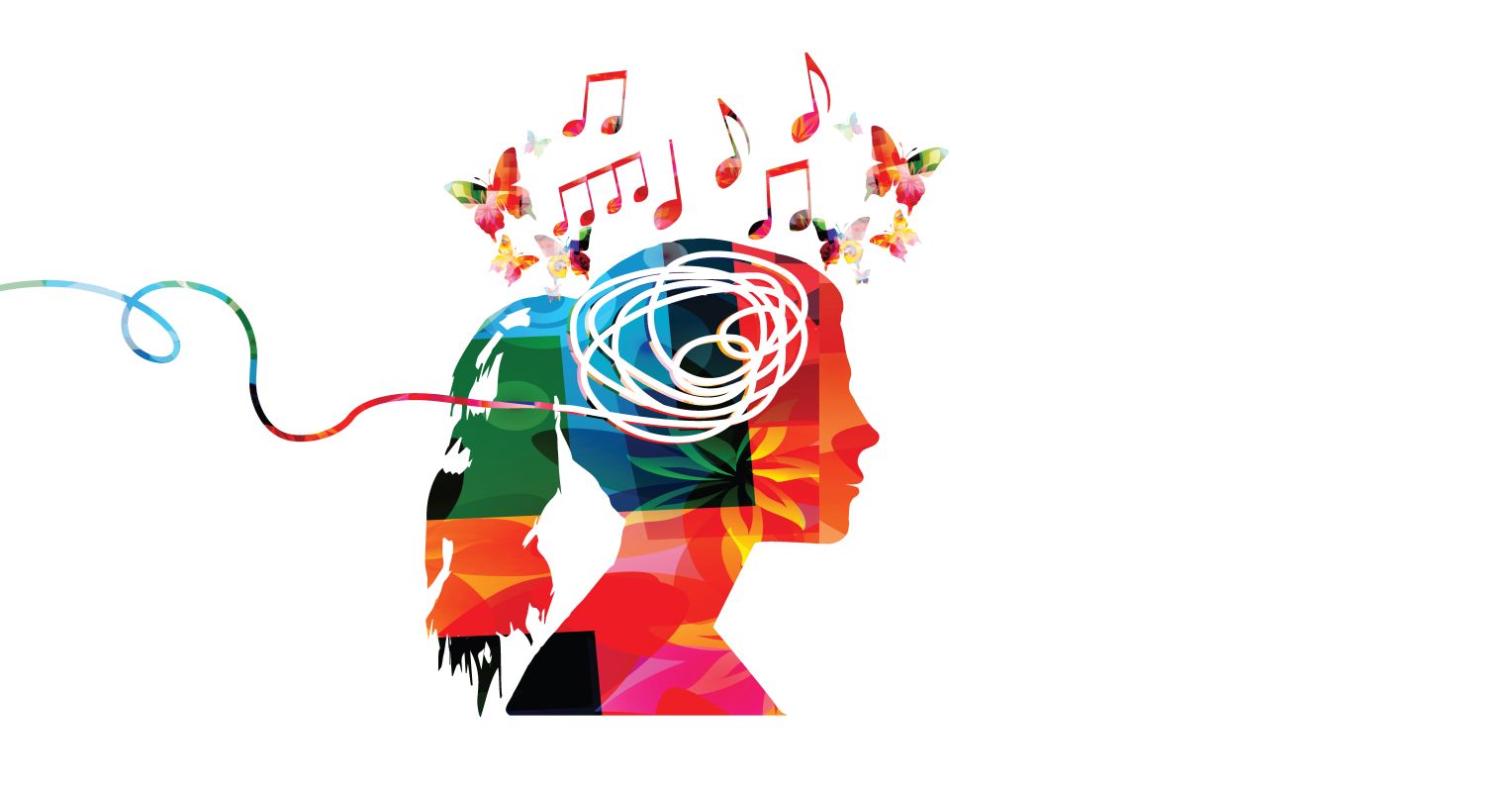
"Not long ago, I was stuck. Not in traffic or a line-but in a moment of mental fog. I couldn't think through a decision. I couldn't feel what I felt. Then a song popped into my head. Not one I had recently heard, and not one I particularly liked. But the lyrics? They hit. They named something I couldn't articulate. It was as if my brain, unwilling to speak in plain words, had decided to sing instead."
"I've come to recognize these moments. Sometimes it's not a song, but a phrase with unusual emotional weight. Sometimes it's a color, an image, or even a sudden memory that arrives like a whisper. I've talked to others who have their own version of this-what we might call internal signals. For some, it's a line from a book they haven't thought of in years. For others, it's a small event that feels disproportionately significant, as though it were a signpost."
"The Brain's Playlist: Not Just Noise One well-studied version of this phenomenon is known as involuntary musical imagery, which most people call an earworm. Psychologist Vicky Williamson has done extensive work on the topic, finding that these spontaneous songs are often triggered by emotion, recent memories, or unprocessed thoughts. They're not random. They're associative. Your brain isn't malfunctioning-it's sorting, signaling, and, sometimes, nudging."
Spontaneous mental signals—songs, phrases, colors, images, or memories—can surface when decision-making or emotional awareness stalls. These signals often carry associative meaning linked to emotion, recent memories, or unresolved thoughts. Involuntary musical imagery (earworms) commonly appears during stress or cognitive processing and functions as emotional shorthand. Studies report that around ninety percent of people experience involuntary musical imagery weekly, with correlations to stress, memory, and unresolved feelings. Music and other internal cues provide familiar, compact representations that help the brain label and process complex affective states. Awareness of these signals can reveal unprocessed material and guide attention or decisions without invoking mysticism.
Read at Psychology Today
Unable to calculate read time
Collection
[
|
...
]